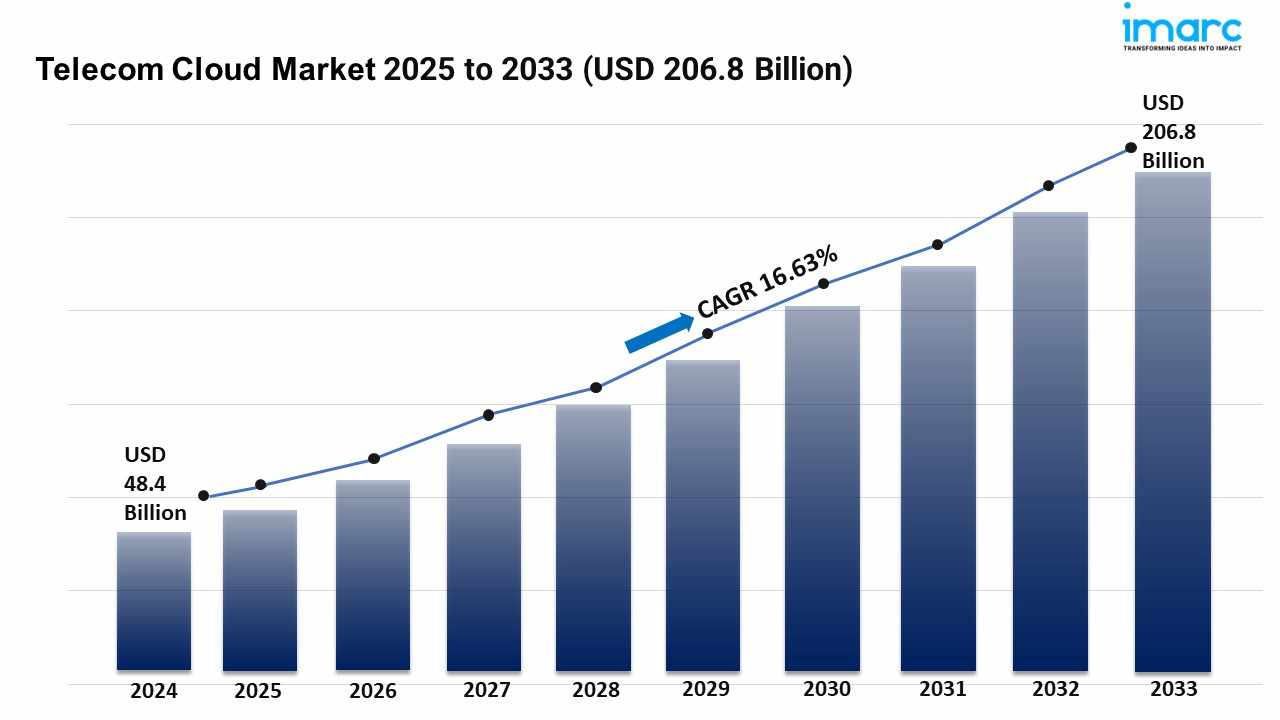
Market Overview:
The Telecom Cloud Market is experiencing significant expansion, driven by Growing Demand for Network Virtualization and Software-Defined Networking (SDN), Rising 5G Network Deployment and Increasing Need for Operational Efficiency and Cost Reduction. According to IMARC Group's latest research publication, "Telecom Cloud Market: Global Industry Trends, Share, Size, Growth, Opportunity and Forecast 2025–2033", The global telecom cloud market size was valued at USD 48.43 Billion in 2024. Looking forward, IMARC Group estimates the market to reach USD 206.77 Billion by 2033, exhibiting a CAGR of 16.63% from 2025-2033.
This detailed analysis primarily encompasses industry size, business trends, market share, key growth factors, and regional forecasts. The report offers a comprehensive overview and integrates research findings, market assessments, and data from different sources. It also includes pivotal market dynamics like drivers and challenges, while also highlighting growth opportunities, financial insights, technological improvements, emerging trends, and innovations. Besides this, the report provides regional market evaluation, along with a competitive landscape analysis.
Grab a sample PDF of this report: https://www.imarcgroup.com/telecom-cloud-market/requestsample
Our Report Includes:
Market Dynamics
Market Trends and Outlook
Competitive Analysis
Industry Segmentation
Strategic Recommendations
Growth Factors in the Telecom Cloud Industry:
Growing Demand for Network Virtualization and Software-Defined Networking (SDN)
Telecommunications operators are increasingly adopting network virtualization and SDN technologies to replace traditional hardware-based infrastructure with software-driven, flexible networks. Network virtualization enables telecom providers to create multiple virtual networks on a shared physical infrastructure, optimizing resource utilization and reducing capital expenditure. SDN separates the network control plane from the data plane, allowing centralized network management and programmable network configurations. These technologies enable rapid deployment of new services, improved network agility, and simplified network operations, making them essential for modern telecom cloud architectures.
Rising 5G Network Deployment
The global rollout of 5G networks is driving substantial demand for telecom cloud solutions as 5G infrastructure requires advanced cloud-based architectures to support its technical requirements. 5G networks demand ultra-low latency, massive connectivity, and network slicing capabilities that are best achieved through cloud-native architectures and edge computing implementations. Telecom operators are deploying cloud-based core networks (5G Core) to enable flexible service delivery, network automation, and efficient spectrum utilization. The complexity and scale of 5G deployments necessitate cloud platforms that can manage distributed network functions, support diverse use cases, and enable rapid service innovation.
Increasing Need for Operational Efficiency and Cost Reduction
Telecom operators face intense pressure to reduce operational expenses while maintaining service quality and expanding network capabilities. Cloud-based solutions offer significant cost advantages by replacing expensive proprietary hardware with commodity servers and enabling pay-as-you-go pricing models. By migrating network functions to the cloud, operators can reduce energy consumption, minimize physical infrastructure footprint, and consolidate data centers. Cloud platforms enable automated network management, reducing manual intervention and operational overhead while improving network reliability and performance.
We explore the factors propelling the telecom cloud market growth, including technological advancements, consumer behaviors, and regulatory changes.
Key Trends in the Telecom Cloud Market
Adoption of Edge Computing and Multi-Access Edge Computing (MEC)
Telecom operators are deploying edge computing infrastructure to bring processing capabilities closer to end users, reducing latency and enabling new applications requiring real-time data processing. Multi-Access Edge Computing (MEC) integrates cloud computing capabilities directly into the telecom network edge, enabling ultra-low latency services for applications such as autonomous vehicles, industrial automation, and augmented reality. This architectural shift allows telecom operators to offer differentiated services and create new revenue streams beyond traditional connectivity.
Implementation of Network Function Virtualization (NFV)
Network Function Virtualization is transforming how telecom operators deploy and manage network services by replacing specialized hardware appliances with software-based virtual network functions (VNFs). NFV enables operators to dynamically provision network services on demand, reducing deployment time from months to minutes. This technology allows for more flexible service creation, easier network scaling, and improved resource utilization, significantly reducing both capital and operational expenditures.
Emergence of Open RAN and Disaggregated Networks
The telecommunications industry is moving toward Open Radio Access Network (Open RAN) architectures that disaggregate hardware and software components, enabling multi-vendor interoperability and cloud-native deployments. Open RAN allows operators to deploy RAN functions in cloud environments, improving flexibility, reducing vendor lock-in, and enabling cost-effective network expansion. This trend is particularly significant for 5G deployments, where operators seek to leverage cloud infrastructure for radio network functions.
We explore the factors driving the growth of the market, including technological advancements, consumer behaviors, and regulatory changes, along with emerging Telecom Cloud Market trends.
Leading Companies Operating in the Global Telecom Cloud Industry:
Amazon Web Services Inc. (Amazon.com Inc.)
BT Group plc
China Telecom Corporation Limited
Dell Technologies Inc.
Deutsche Telekom AG
Google LLC
International Business Machines Corporation
Microsoft Corporation
Nippon Telegraph and Telephone Corporation
Oracle Corporation
Singapore Telecommunications Limited
Telefonaktiebolaget LM Ericsson
Telstra Corporation Limited
Telus Corporation
Verizon Communications Inc.
Telecom Cloud Market Report Segmentation:
Telecom Cloud Market Report Segmentation:
Breakup By Type:
Public Cloud
Private Cloud
Hybrid Cloud
Public cloud exhibits a clear dominance in the market due to its scalability, cost efficiency, and widespread adoption among telecom operators.
Breakup By Computing Services:
SaaS
IaaS
PaaS
SaaS represents the largest segment accredited to its ability to offer flexible and cost-effective solutions that are easy to deploy and manage.
Breakup By Application:
Computing
Data Storage
Achieving
Enterprise Application
Others
Computing holds the biggest market share attributed to the increasing demand for robust computing power to handle vast amounts of telecom data and applications.
Breakup By End Use:
BFSI
Retail
Manufacturing
Transportation and Distribution
Healthcare
Government
Media and Entertainment
Others
BFSI accounts for the majority of the market share, driven by the rising need for secure, scalable, and reliable cloud solutions.
Breakup By Region:
North America (United States, Canada)
Asia Pacific (China, Japan, India, South Korea, Australia, Indonesia, Others)
Europe (Germany, France, United Kingdom, Italy, Spain, Russia, Others)
Latin America (Brazil, Mexico, Others)
Middle East and Africa
North America dominates the market owing to its advanced technological infrastructure, early adoption of cloud services, and strong presence of leading telecom companies.
Note: If you require specific details, data, or insights that are not currently included in the scope of this report, we are happy to accommodate your request. As part of our customization service, we will gather and provide the additional information you need, tailored to your specific requirements. Please let us know your exact needs, and we will ensure the report is updated accordingly to meet your expectations.
About Us:
IMARC Group is a global management consulting firm that helps the world’s most ambitious changemakers to create a lasting impact. The company provide a comprehensive suite of market entry and expansion services. IMARC offerings include thorough market assessment, feasibility studies, company incorporation assistance, factory setup support, regulatory approvals and licensing navigation, branding, marketing and sales strategies, competitive landscape and benchmarking analyses, pricing and cost research, and procurement research.
Contact Us:
IMARC Group
134 N 4th St. Brooklyn, NY 11249, USA
Email: sales@imarcgroup.com
Tel No:(D) +91 120 433 0800
United States: +1–201971–6302

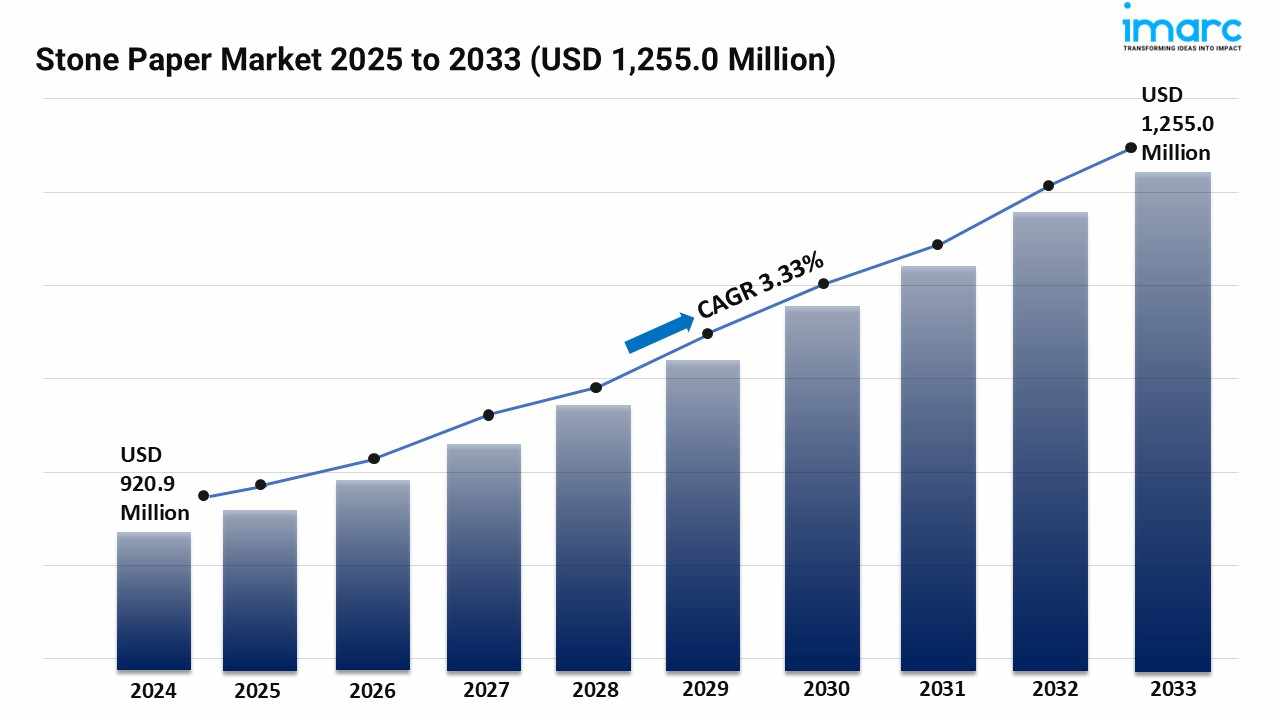
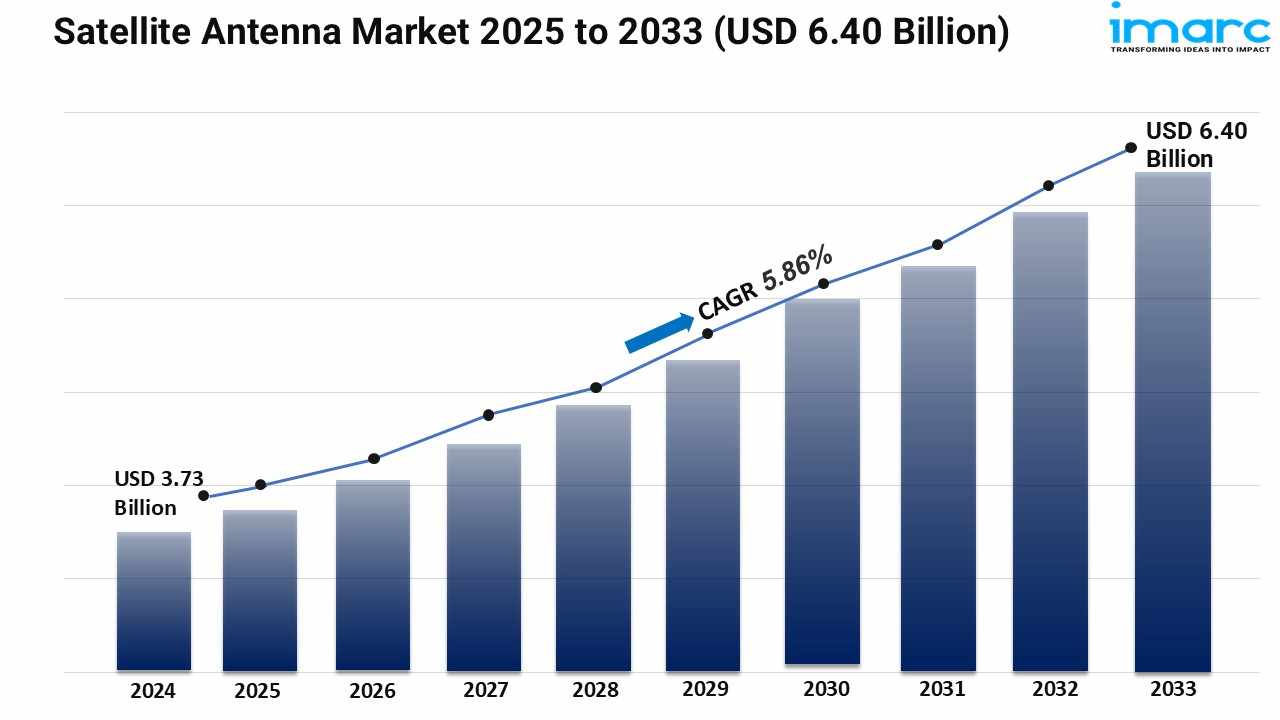
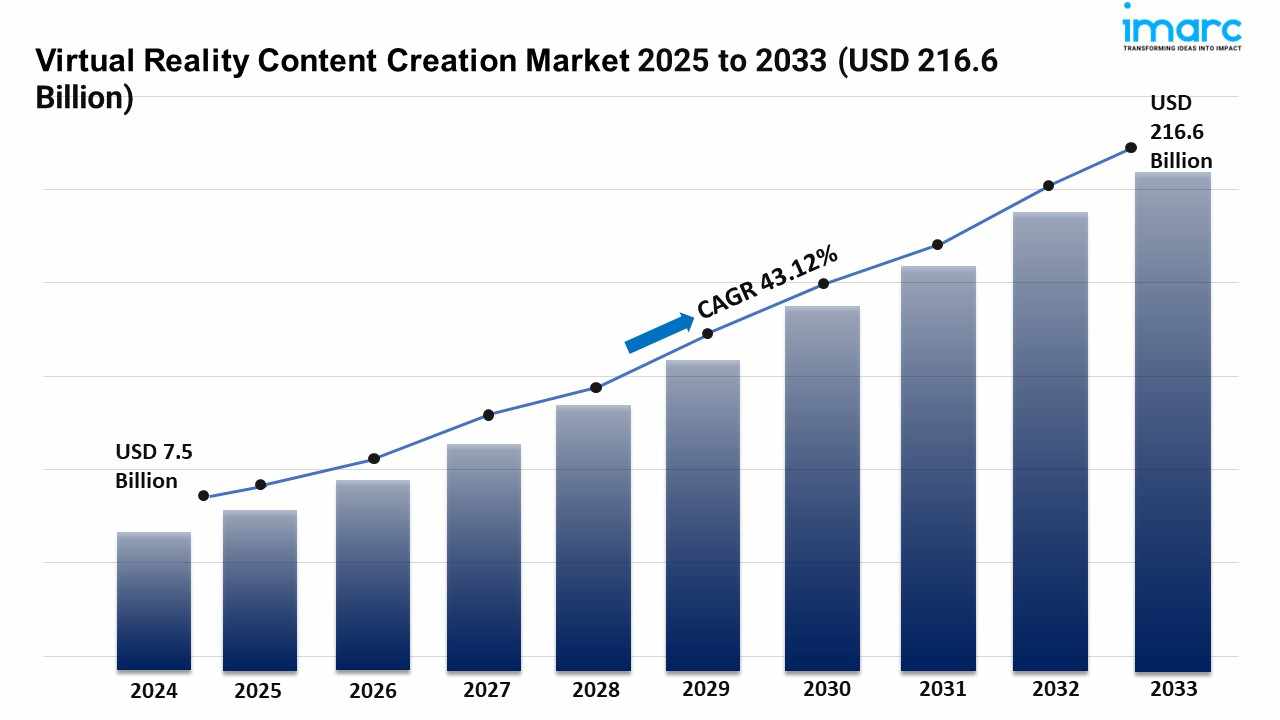
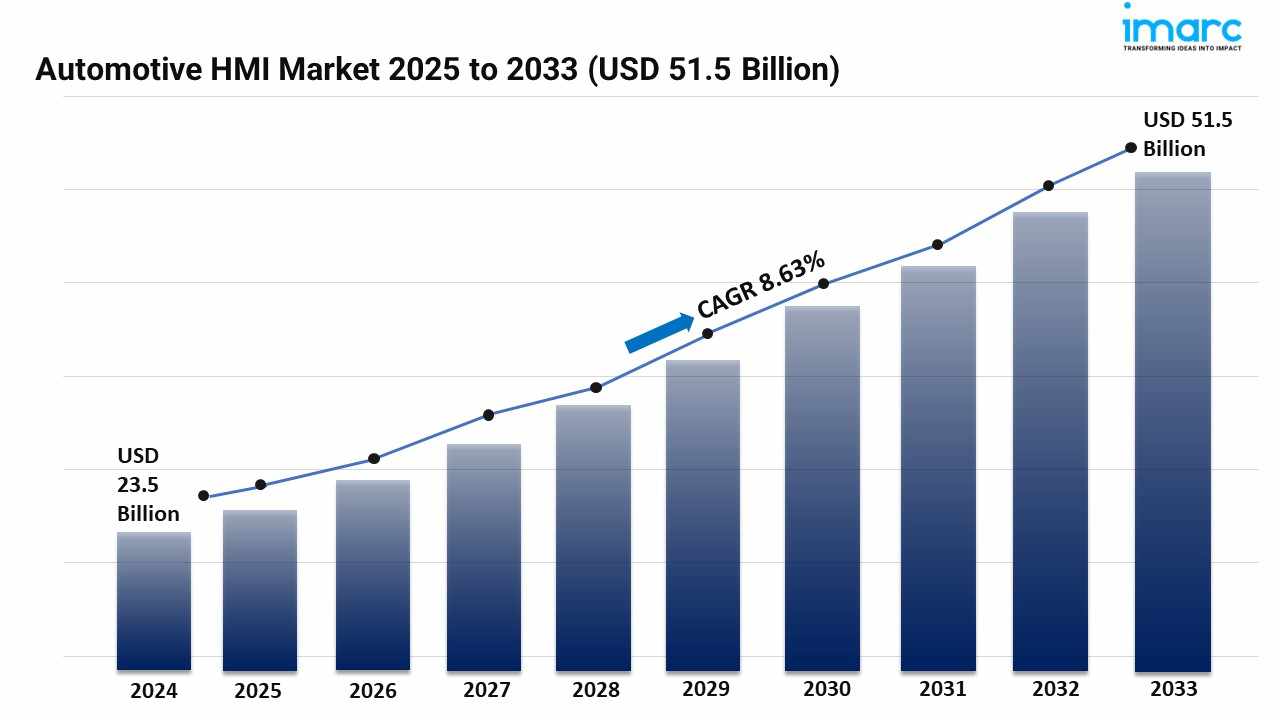
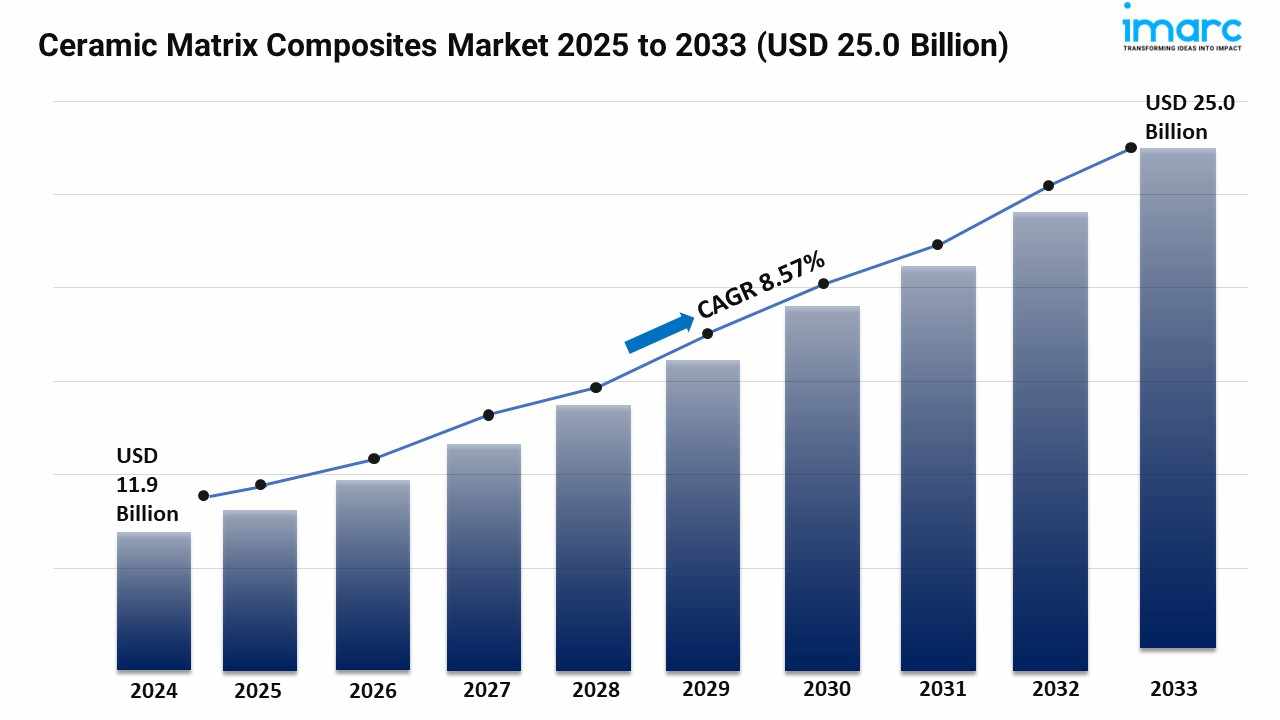
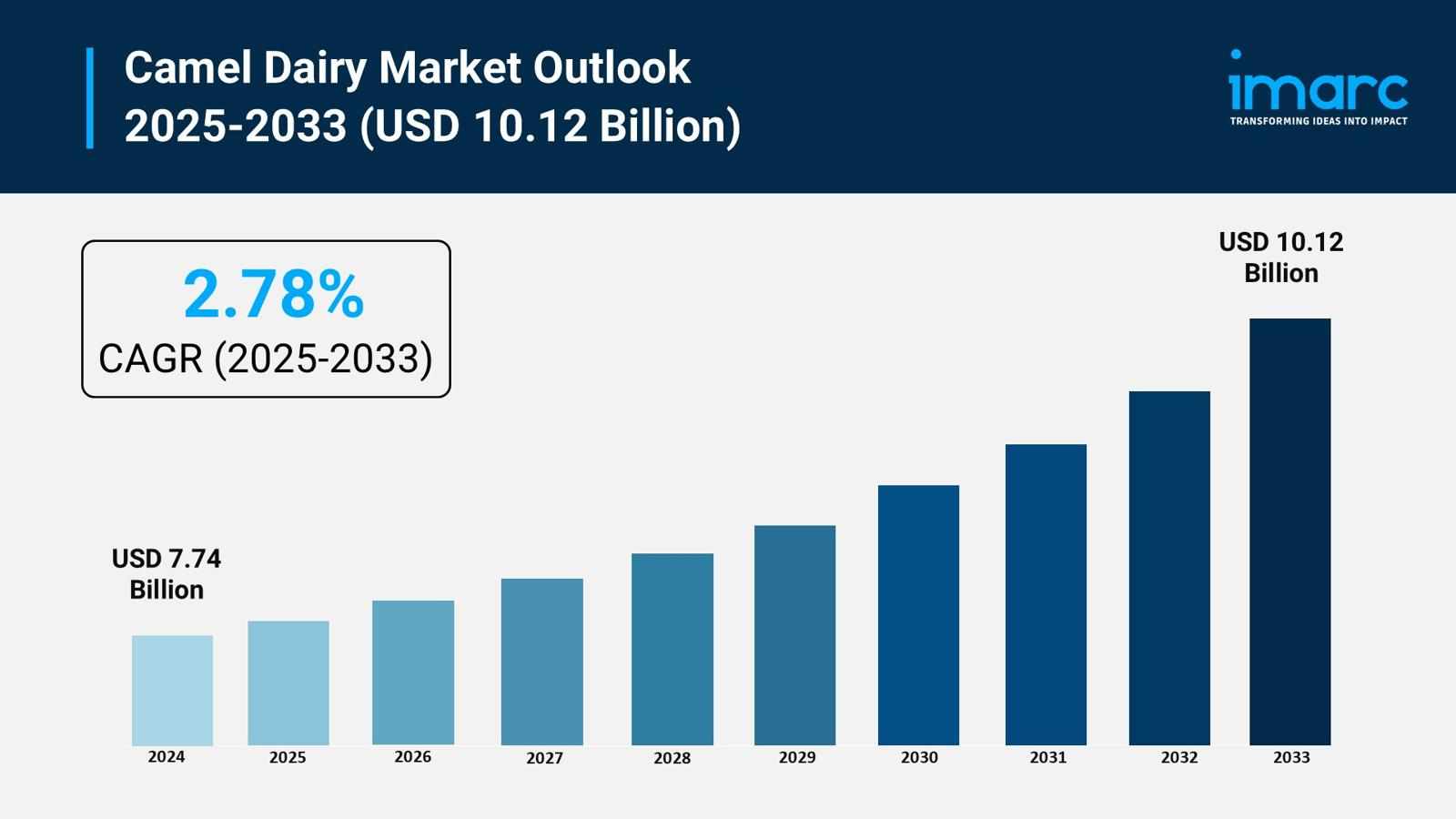
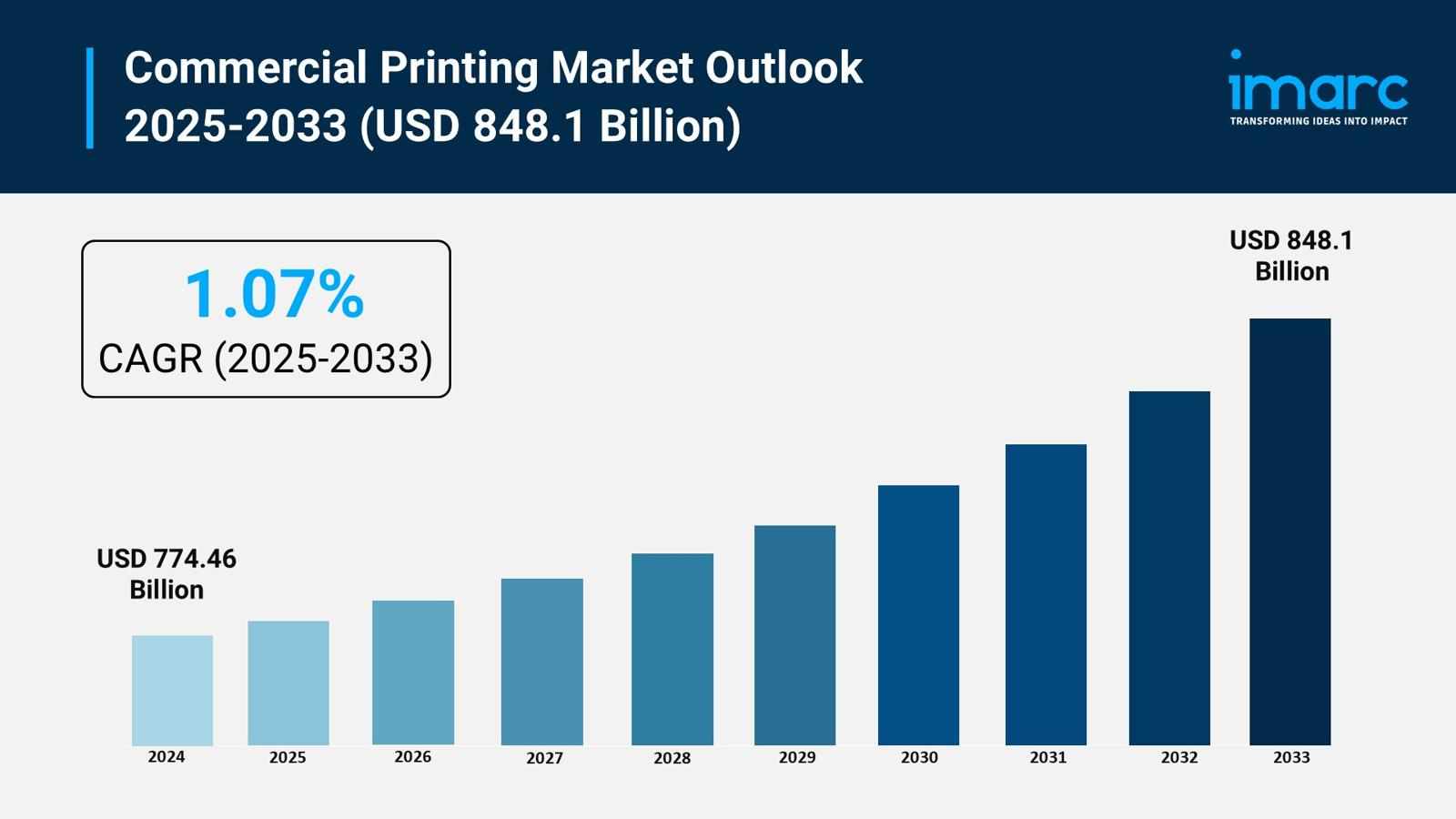

Write a comment ...